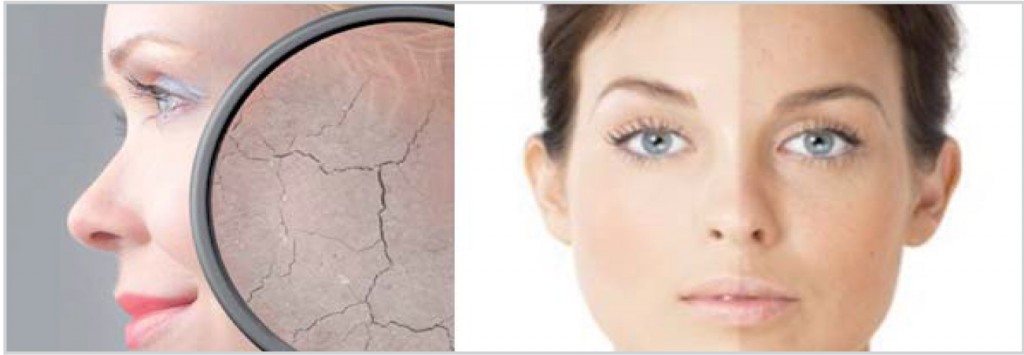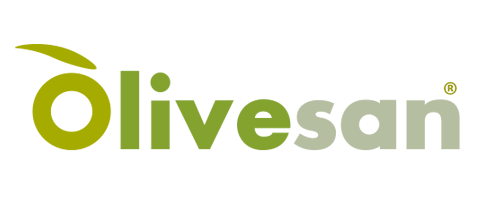Cardiovascular protection
In 2011, EFSA (European Food & Safety Authority) recognized the capacity of HT (hydroxytyrosol) to protect LDL from free radical oxidation (minimum dose > 5mg HT/day). The HT prevents oxidation of LDL in a dose dependent manner. This characteristic is fundamental in the prevention of unstable plaque in vascular impairment linked to arteriosclerosis. Likewise, the HT reduces the production of adhesion molecules on an endothelial level.

Retina protection
Preliminary studies have shown the high antioxidant capacity of HT on the retinal pigment at epithelium level (RPE). This makes HT a powerful protection against visual variation where oxidative stress is an important factor in the damage caused (i.e. AMD –age related macular degeneration– glaucoma etc).

Muscle and joint protection
Regarding joints, HT boosts chondrocyte proliferation and with that the creation of compounds of the extracellular matrix, helping to repair and regenerate the articular cartilage.
Regarding muscle, HT improves the contractility of the skeletal muscle and assists the mitochondrial function during intense exercise, reducing muscular atrophy and improving resistance when doing exercise. The HT reduces the lactic acid production in the muscle and increases endogenous antioxidant production, such as glutathione.

Prevention of bone degeneration
The olive polyphenols, mainly hydroxytyrosol, can have crucial effects on the growth and maintenance of bone and can be used as an effective treatment of osteoporosis symptoms.

Protection against neurodegenerative processes
The brain has high energy consumption ( 20% of oxygen). This high oxygen pressure results in a notable production of free radicals, which may cause damage when in excess. HT is one of the few antioxidants which can penetrate the hematoencephalic barrier. It also displays a high capacity to avoid peroxidation of cerebral lipids. It is an ideal nutrient in the fight against oxidative stress linked to neurodegenerative diseases.

Anti-inflammatory
Chronic inflammation leads to the production of free radicals capable of depleting reserves of antioxidants in the body. The high antioxidant capacity of HT, together with its ability to inhibit COX and LOX enzymes in the pro-inflammatory cascade of arachidonic acid (AA), lessens the oxidative damage associated with inflammation.

Skin protection
Su poder antioxidante en la fase grasa y acuosa, ofrece protección frente a la UVB. Ayuda a reducir la pigmentación de la piel, permitiendo un tono más claro y brillante. Protege contra el edema y eritema causado por una excesiva exposición al sol. También parece mostrar propiedades frente a la Psoriasis.

Other areas
Cancer: HT improves the tolerance to morphine and reduces the toxicity of chemotherapeutic agents. Anti-aging: HT increases the production of proteins which boost cellular survival (i.e. SirT1, SirT3 y SirT4), being superior to other molecules used in this field (i.e. grape resveratrol).

